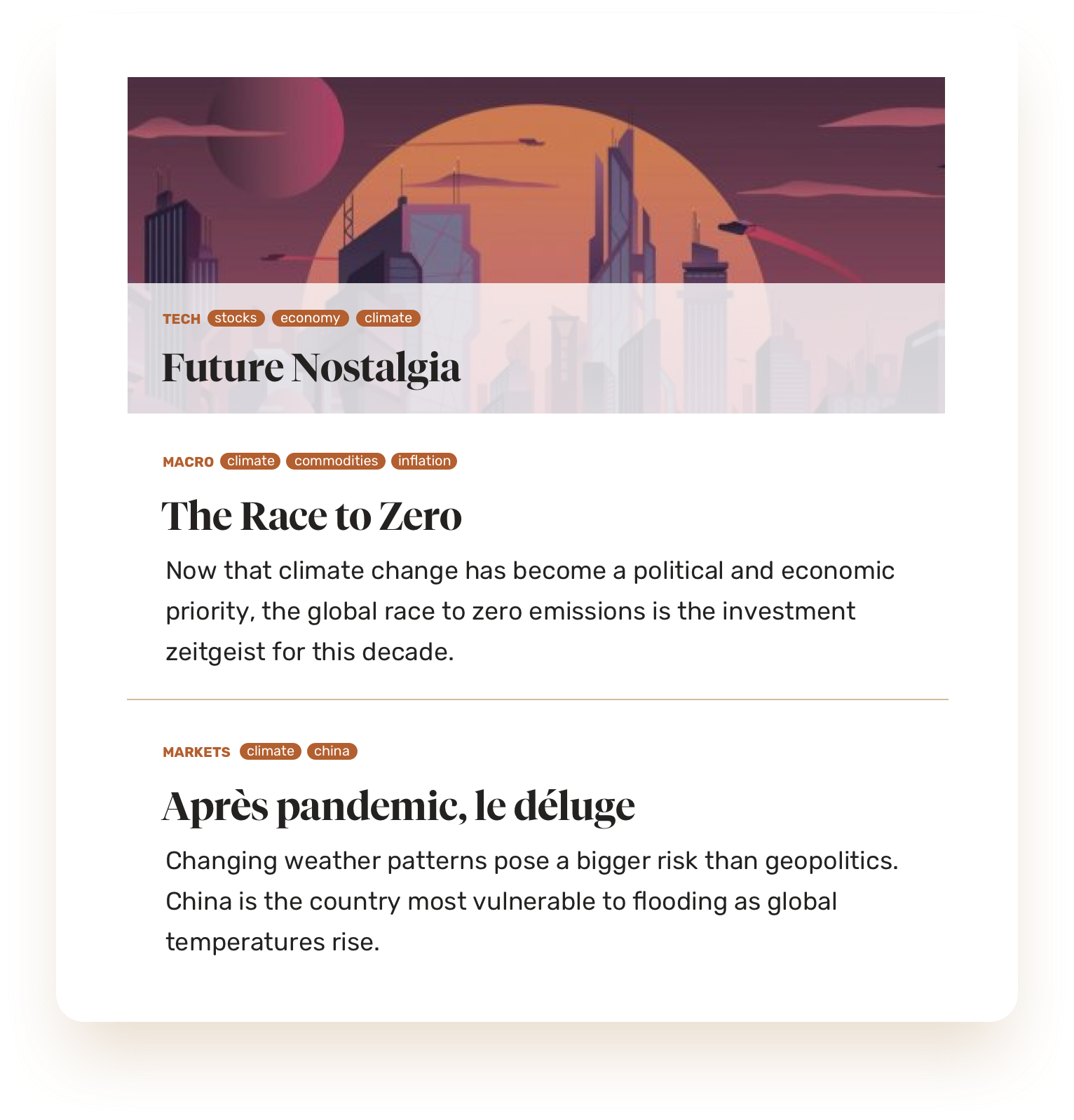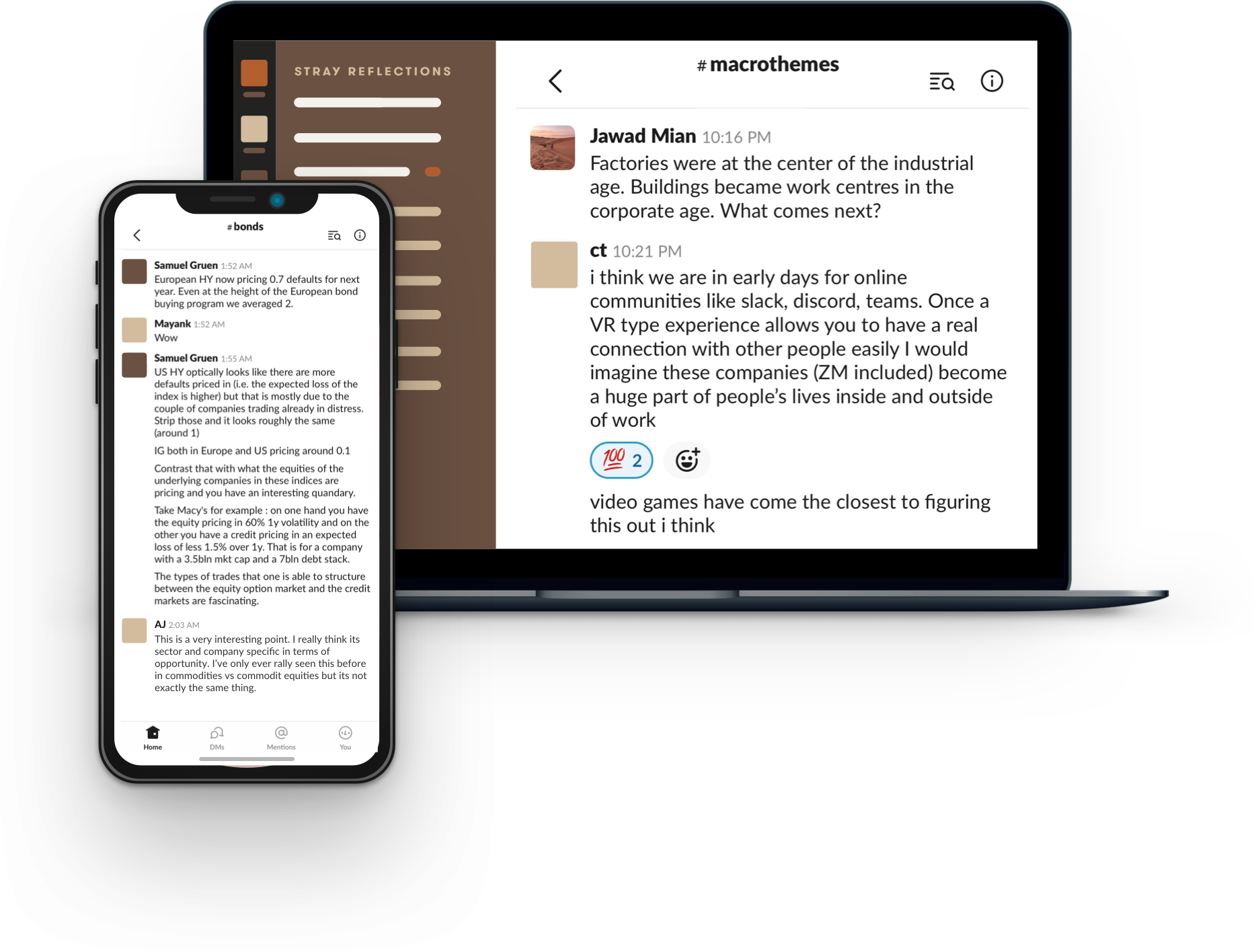We observe through history a recurring sequence of political revolution. The ancient Greeks referred to the cycle as Anacyclosis, a political doctrine derived from the works of Polybius (200-118 BC) and Aristotle (384-322 BC).
Timothy Ferguson, founder and president of The Institute for Anacyclosis, has updated the original model to fit with modern times. He presents the following framework:
Political society begins in tribal chiefdom. At a time when scarcity and insecurity prevails, tribes with a common language unite and settle under a single chief.
Customs become fixed and as farmers produce surplus food, many people obtain the necessities of life. When the chief draws his power not only from brute force, but also from the loyalty and affection of his people, he becomes a king.
Monarchy eventually corrupts into tyranny once the king develops a sense of entitlement and puts himself and his descendants above everyone else. As he becomes arrogant and violates the traditions of his people, his most powerful subjects challenge his rule. The tyrant is deposed or forced to share power with them. Thus tyranny is subdued by aristocracy.
The aristocrats in turn soon became accustomed to privilege and status. They care more for wealth and prestige than anything else. Some of them become jealous of greater men. Others abuse their political status to take advantage of the poor and the weak.
When citizens begin to resent the ruling upper class, aristocracy degenerates into an oppressive oligarchy. The lust for power causes few to oppress many.
The distribution of wealth anticipates the next stage of the political cycle. When the middle class is ascendant—the “hoi mesoi” in Aristotelian terms—democracy emerges, the best stage in the sequence of evolution as society tends toward greater liberty, prosperity, equity and stability.
But humankind’s preoccupations preordains constant struggle. After we acquire one level of status, we always desire a higher level of status. So in every democracy, over time, an influential class arises as wealth becomes concentrated among a small elite. They tempt and corrupt public officials with gifts and favors, and use their political leverage to make policy to benefit themselves, expanding their power until the democratic system freezes into gridlock.
Meanwhile, the middle class is miffed by inflation and debt or an unsolved crisis. Inequality rises and society becomes increasingly stratified between the opulent and the dependent; or, in Aristotle’s terms, masters and slaves, comprising “one class envious and another contemptuous of their fellows.”
This is unfortunate as the preservation of democracy depends upon the security of the middle class—only the middle class can absorb the social tension between rich and poor. Thus, whenever the size and economic standing of the middle class declines, a society departs from democracy and transforms into demagarchy.
According to Ferguson, we have arrived at this point in the current cycle.
England gives us the best example of our time. The first kings are known for being brave and wise. Their successors are known for being reckless and inept. In the 13th century an aristocracy subdued the monarchy. By the 14th century the people rebelled against the nobility. By the 17th century an oligarchy was firmly entrenched. In the 18th century a middle class was taking shape. In the 19th century democracy was taking effect. By the end of the 20th century the middle class was in decline. In the beginning of the 21st century the rich were growing in wealth and the poor were growing in numbers. By now it is clear that demagogues will grow in power as more people fall out of the middle class and rally against the rich.
The hollowing of the American middle class has proceeded steadily for more than four decades. The share of adults living in middle-income households (defined by Pew Research Center as annual income of $42,000 to $126,000 for a three-person household) has fallen from 61% in 1971 to 50% in 2015, whereas the share living in the upper-income tier has risen from 14% to 21%.
Upper-income families, which had three times as much wealth as middle-income families in 1983, now have seven times as much. The share of total US household income held by upper-income households has risen from 29% in 1970 to 49% today.
The middle class is no longer America’s economic majority.
Because elected leaders failed to meet voters’ legitimate expectations and aspirations, citizens have become disenchanted with “sell out” politicians as well as the prevailing economic wisdom. This has given birth to populism and set the stage for the rule of the demagogue, or the “people’s champion.”
A demagogue presents himself as the sole representative of the poor and dispossessed against elites and unworthy outsiders. He threatens to upend the system that ruined the lives of common people by breaking with traditional rules and frequently making false claims. What he’s actually doing is manipulating the loyalty and support of his followers for his own advancement.
Anacyclosis has nearly run its course in the West. Is America about to take a great leap in the dark?

Photo: Shutterstock






